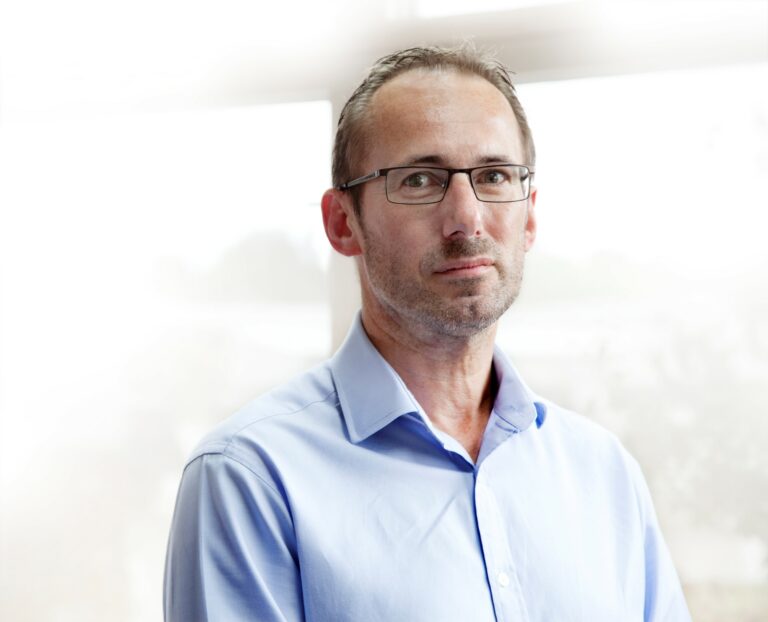Avara Foods has published new information about the ways in which it is mitigating the indirect impact of its supply chain on phosphorus levels and associated pollution in the River Wye.
The poultry company said it was not a direct contributor to pollution in the River Wye but recognised the environmental impacts of phosphorus when applied to the land.
It said three quarters of poultry manure (76%) produced by its farms in the river’s catchment area was, as of 1 January 2024, being exported, redistributed to other parts of the UK where there is a shortfall of nitrogen or phosphorus or used for energy generation.
The remaining 24% of the manure, will be managed through new soil assurance standards that Avara is piloting for Red Tractor. These will come into force when current restrictions over manure application to the land end.
Avara has halted the sale of poultry manure from its supply chain, for use as fertiliser, within the catchment area, and is introducing new soil assurance standards for the remaining supplying farms in the catchment, which intend to use their poultry manure or digestate as fertiliser.
The company said wider action in the catchment was essential. “At the heart of addressing the phosphorus challenge should be the extension of existing good farming practice within the catchment and widespread adoption of soil and nutrient management standards, including the means to demonstrate compliance,” said a spokesman. “Rigorous soil and nutrient management is critical because Avara’s actions have no bearing on fertiliser demand amongst the 3,500+ catchment farms. Higher standards will help prevent the exported manure being quickly replaced, and the potential benefits for soil nutrient levels and associated phosphate pollution being negated.”
Avara’s chief executive Andy Dawkins said: “It is great to see so much progress towards the goals of our Sustainable Poultry Roadmap. By implementing these manure exports and piloting stronger soil assurance standards we are negating the indirect impact of Avara’s supply chain on phosphorus levels and associated pollution within the Wye Valley. This is a major step forward and shows what can be achieved through committed action and with the invaluable support of our farming community and experts, including Herefordshire Rural Hub, WRAP, and the Wye & Usk Foundation. However, we have to be realistic about our impact and our ability to effect change alone. In reality, the return to health of the River Wye – and other UK rivers – will remain in jeopardy until there is widespread action to address the various forms of pollution and the many root causes of decline.”


